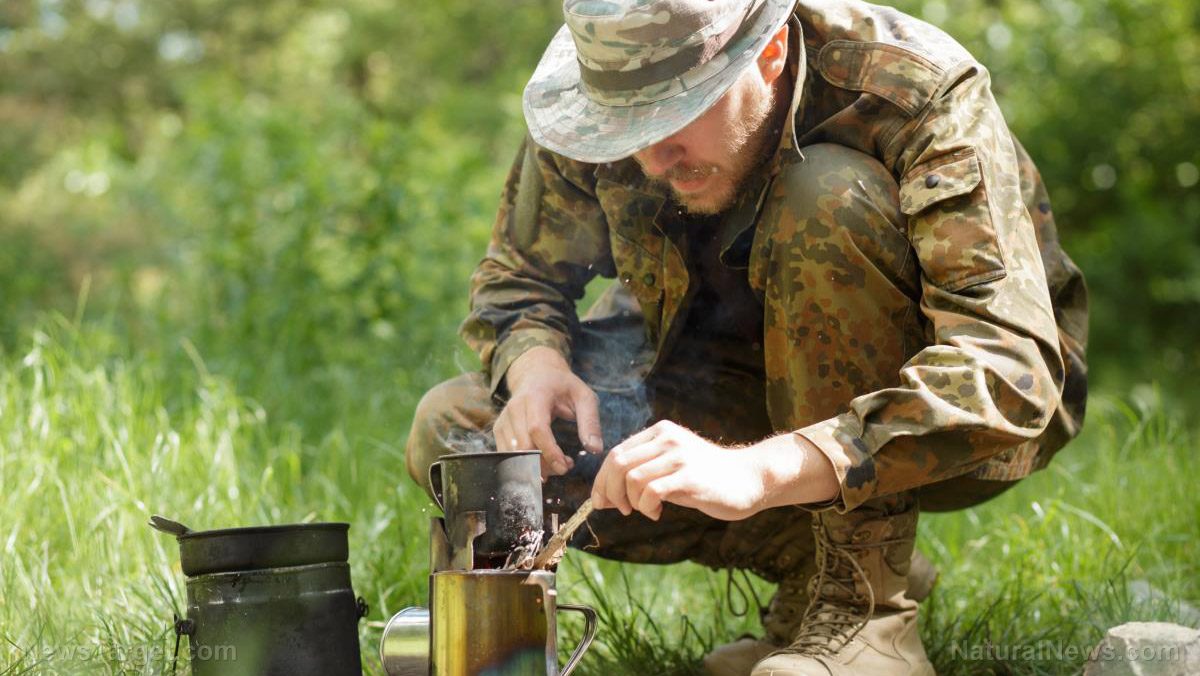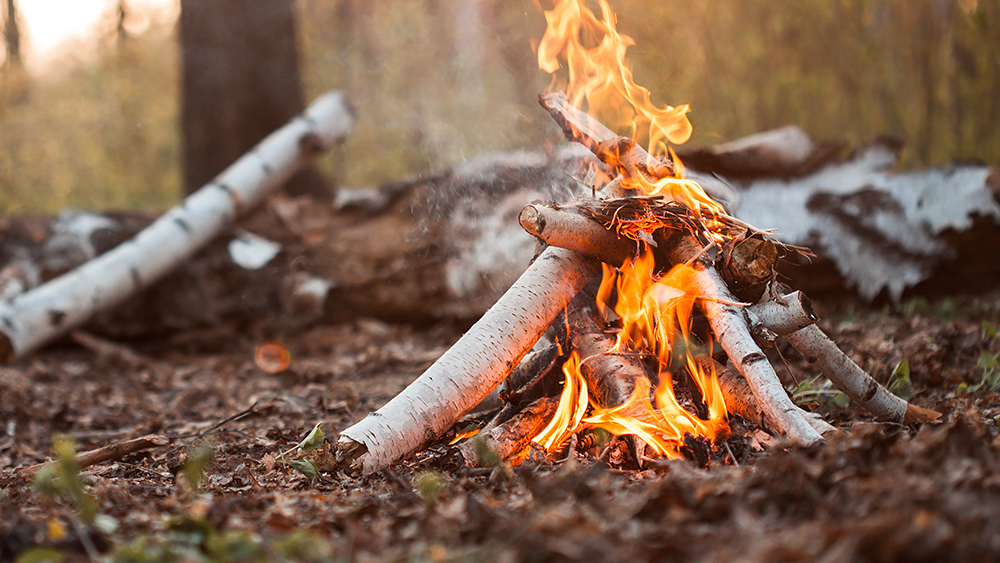
If you're just about to start prepping, it can seem like a daunting task. There are so many things to prepare and learn, and sometimes, people put it off until the disaster is looming at the horizon. The best time to start prepping is now. Here is a simple five-step guide to give you a rundown of the things that you should know. (h/t to UrbanSurvivalNetwork.com)
1. Research your area
It's important to understand that preparing for every possible scenario is impossible. Countless things could happen when SHTF and even the most knowledgeable prepper may encounter some problems when disaster strikes.
However, you can sort it out by likelihood. Consider your area first. What are the likeliest disasters to happen? If you're by the beach, you may want to prepare for a tsunami or a strong storm. If you're living near the forest, a forest fire is always a risk.
Also, natural disasters are not the only thing you have to watch out for. Consider other disasters like an economic collapse or a plague. Consider the following disaster types:
- Viral pandemics (e.g a plague)
- Lack of resources (e.g. peak oil)
- Ecological disasters (e.g. soil erosion)
- Nuclear disasters
- Natural disasters (e.g. hurricanes, tornadoes, earthquakes, etc.)
- Global economic collapse
- EMP (either by attack or by the sun)
Additionally, your area will dictate which foods you can grow and determine your access to food and other resources. Knowing your area is crucial to figuring out which supplies you need to stockpile.
2. Learn the basics
Multiple agencies and institutions have different recommendations when it comes to preparing for disaster. Here are some key terms you need to know:
- Duration of disaster
- Short term – up to 72 hours
- Mid term – 72 hours to three weeks
- Long term – more than three weeks
- Survival Rule of 3s – When SHTF, you can survive for:
- Three minutes without air
- Three hours without shelter
- Three days without water
- Three weeks without food
- Prepper acronyms – While you're doing your homework on prepping, you might come upon the following acronyms. Here are some of the most common ones:
- EDC (Everyday Carry) – These are items that you bring with you every day, wherever you go.
- FAK (First Aid Kit) – This contains medical items needed to treat injuries, wounds or other conditions.
- GHB (Get Home Bag) – This is a temporary bag you bring with you to get back home in case disaster strikes while you're out.
- MRE (Meals Ready-To-Eat) – These are meals that are prepared and packaged beforehand, so you can eat them immediately.
3. Prepping skills and supplies
When SHTF, regular establishments will most likely be closed. Moreover, upon the announcement of disaster, you don't want to wrestle with last-minute buyers on supplies. Stock up long beforehand and consider the following needs:
- Food
- Water
- Medical supplies
- Hygiene supplies
- Clothes and blankets
- Water filtering tools
- Fire starters
- Weapons
- Important documents
Beyond supplies, however, your skills are your greatest asset. If you run out of supplies, your skills are all you have to ensure your survival. Here are some of the things you need to start learning:
- Starting a fire
- Purifying and filtering water
- Building a shelter
- Hunting and fishing
- Sewing
- Self-defense skills
- Brewing herbal remedies
- Gardening
4. Formulate your bug-out plan
When SHTF, you need to act fast. People often freeze up in the face of danger, so preparing beforehand will help you stay calm and collected once disaster strikes. Here are the things you need to consider when bugging out:
- BOB (Bug Out Bag) – This is a bag filled with all the things you need to get to your BOL. Place it near the exit, so you can just grab it immediately while leaving the house.
- BOL (Bug Out Location) – It's a secret and secure location where you keep your main supplies.
- BOV (Bug Out Vehicle) – This is the vehicle you'll use to get to your BOL. Make sure that it always has a full tank and is properly maintained.
- Drills – Practice emergency drills with family members so they also know what to do.
5. Keep on prepping
While prepping, you might lose motivation after a while. Remember that a disaster may happen at any time. As the saying goes, it's better to be safe than sorry.
Here are some tasks to add to your prepping checklist:
- Take care of your health. You need to be fit enough to walk long distances or even run while carrying your BOB. Moreover, medication will be scarce, so you need to keep your immune system in tip-top shape.
- Maintain your supplies. Make a master list so you can keep track of all your supplies and their expiration dates. Make sure to rotate them and consume or use the ones that are nearly expired first.
- Keep a look-out. Watch the news and be attentive to announcements regarding disease outbreaks, natural disasters and the like. If they're getting close, you may need to head to your BOL.
While this guide barely touches all the tips and tricks you need to know before SHTF, it's a good start to your prepping journey so you can ensure that you and your loved ones survive any emergency.
Sources include:
Please contact us for more information.





















